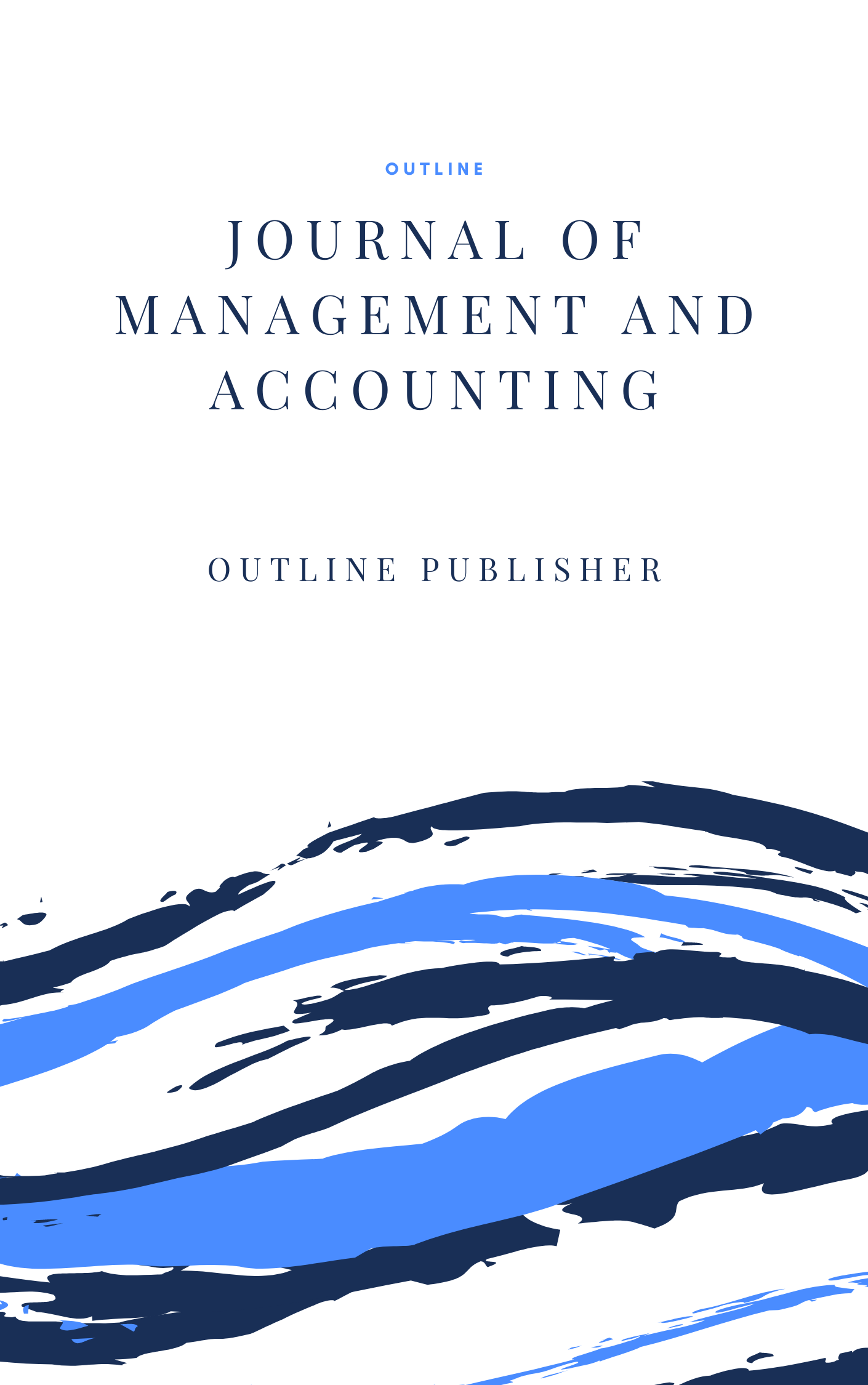The Effect Of Financial Education In The Family And Self-Control On Saves In Business Education Students' Interest In Business Education 2017 State University Of Medan
DOI:
https://doi.org/10.61730/ojma.v1i2.28Keywords:
Financial Education in the Family, Self Control, Interest in SavingsAbstract
The purpose of this study was to determine whether or not there was an influence of financial education in the family and self-control on the interest in saving students of Stambuk Business Education 2017 State University of Medan. This research was conducted at Medan State University, Faculty of Economics, Stambuk Business Education Study Program 2017, which is located at Jalan William Iskandar Pasar V, Medan Estate. This research was conducted in the even semester of the 2020/2021 academic year. The population in this study were all students of the 2017 Stambuk Business Education Study Program, Faculty of Economics, State University of Medan, which consisted of 3 classes of 89 students. The sampling technique used in this study is the total sampling technique. Data collection techniques used are documentation and questionnaires. For the analysis of the research data using multiple linear regression with the results Y=26,128+ 0,274 (X1) + 0, 362 (X2) +e. In the partial hypothesis test (t test) the financial education variable in the family (X1) obtained a value of tcount > ttable (2.030 >1.98793) with a significant level (0.045 <0.05) and in the partial hypothesis test (t test) the self-control variable (X2 ) obtained a value of tcount> ttable of (2,626 > 1,98793), with a significant value (0.010 <0.05). The calculated F value is 11.723 with a significance value of 0.000. While the value of Ftable is 3.10. It can be concluded that Fcount>Ftable (11.723>3.10) and the significance value <0.05 (0.000<0.05). The coefficient of determination (R2) is0.214 or in other words the value of the coefficient of determination is 21.4%. From these data, it can be concluded that in this study, changes in student interest in saving were influenced by the variables of Financial Education in the Family, self-control by 21.4% and the rest of (100%-21.4% = 78.6% contributed by factors- factors outside the study.So this shows that the financial education variable in the family if tested partially (alone) the results are a significant effect on the variable of interest in saving, while the self-control variable shows that if tested partially (alone) the result is a significant effect on the variable of interest saving.
Downloads
Published
Issue
Section
License
Copyright (c) 2022 Outline Journal of Management and Accounting

This work is licensed under a Creative Commons Attribution 4.0 International License.





















